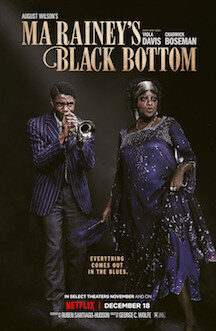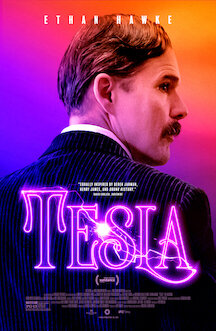Direction: George C. Wolfe
Country: USA
Set in 1927 Chicago, this fictional story co-produced by Denzel Washington and directed by George C. Wolfe, imagines an eventful one-day recording session in the life of the real mother of the blues, Ma Rainey (1886-1939), one of the earliest African-American professional blues singers to record.
Actor turned screenwriter Ruben Santiago-Hudson drew from August Wilson’s stage play of the same name with satisfactory results but never detaching completely from its theatrical roots.
The film deserves accolade for its accomplished period details, ongoing energetic dynamics, effective editing and powerhouse performances from Viola Davis (Fences; The Help) as the mercurial blues singer, and the late Chadwick Boseman (Black Panther; 42) in his last role as the confrontational, hot-tempered yet deeply hurt horn player Levee Green. An uneasy tension firstly pervades among the black musicians - even when mixed with a few funny lines - and then expands to the racial oppression, which is when things get really serious.
The characters reveal to be meaningful as they express ingrained thoughts and narrate disturbing stories, both personal and unconfirmed. Almost in counterpoint, the film swings unabashedly at the sound of jazz while capturing the atmosphere of that specific time.
Trauma, mistrust, anger, commercial exploitation and music form an explosive cocktail whose tragic outcome makes us think deeply about who ends up paying the price for the white supremacy that always reigned in America.








































